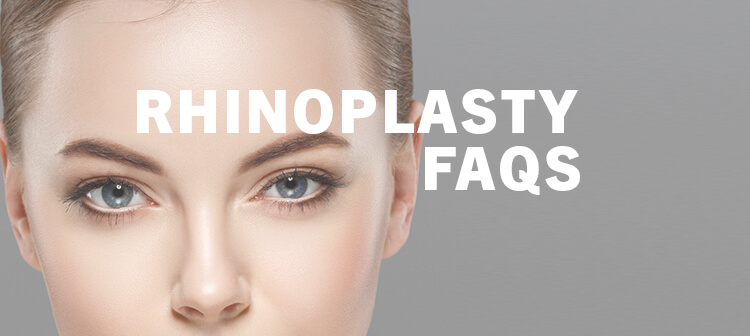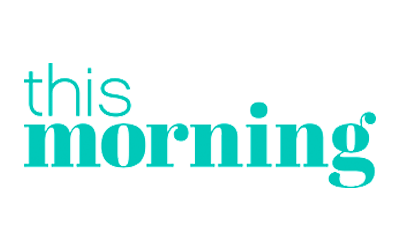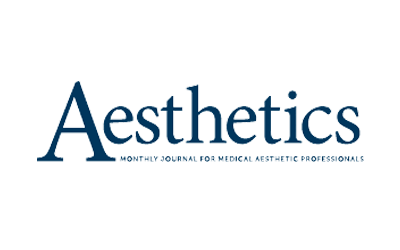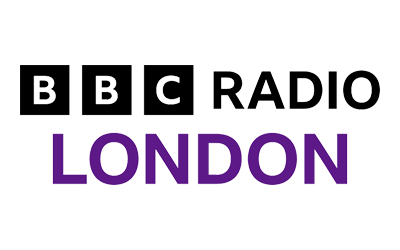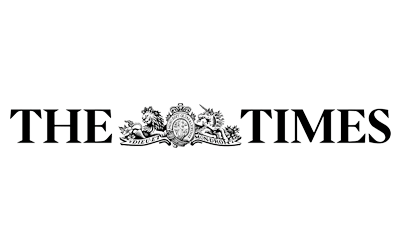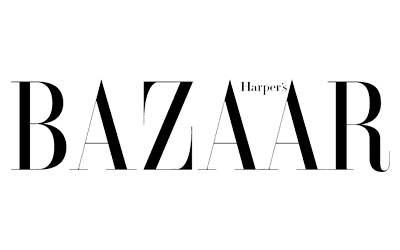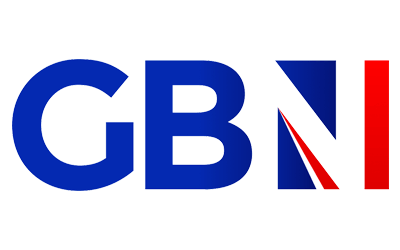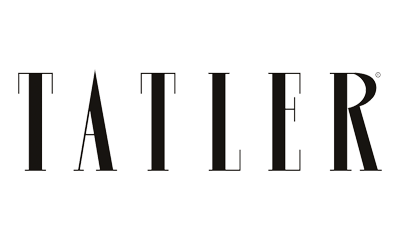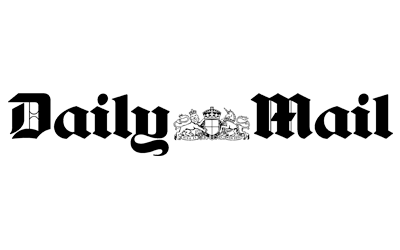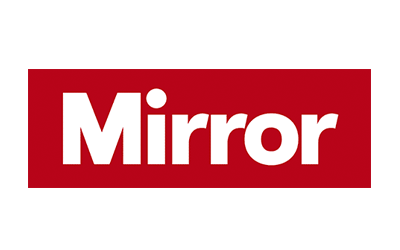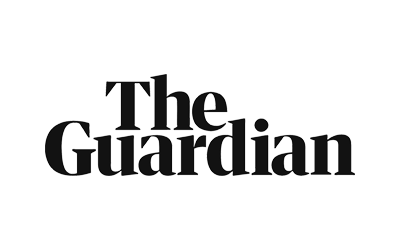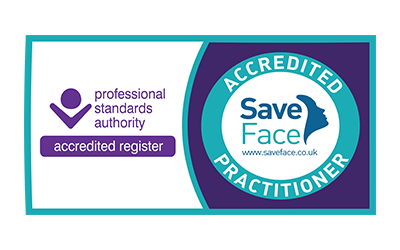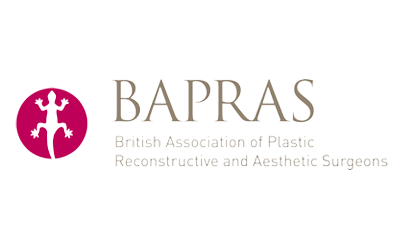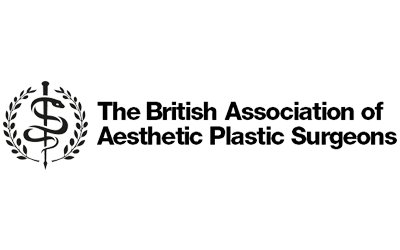Any cosmetic surgery procedure, whether it is to enhance the face, breast or body, demands a degree of skill and experience and requires many years of specialised training. Of all cosmetic surgery procedures, though, the rhinoplasty is considered one of the most complex to master.
From the surgeon’s point of view, they have to blend the technical and artistic to produce the optimal outcome in terms of both form and function. For the patient, the nose is the central feature of the face and is often one of the first things we noticed about a person when we first meet.
Even if the nose is out of balance with the rest of the facial features and the patient has long been dissatisfied with its appearance, any change can have a profound impact on their sense of identity and self-esteem, so realistic expectations about what can be achieved is a must.
This is why the rhinoplasty consultation is such an important part of the patient journey. Here we answer your frequently asked nose job questions and how best to prepare for this complex, but generally highly satisfactory procedure.
Q: Am I suitable for a rhinoplasty?
A: If you are dissatisfied with the appearance of your nose or feel that nasal function is compromised, then arranging a consultation with an experienced and expert plastic surgeon is the first step in finding out if you’re suitable for a nose job.
During your rhinoplasty consultation, Mr Alex Karidis will ask you questions about your medical history, any previous nasal surgery or injuries you may have experienced and whether you have any problems with breathing patterns or nasal obstructions. This will establish whether the function of the nose should be addressed with nasal surgery.
The next consideration will be what you’re hoping to achieve in terms of the appearance of the nose and whether you have realistic expectations.
Q: Will a rhinoplasty deliver the results I want?
A: During your rhinoplasty consultation, Mr Karidis will discuss in depth what you are hoping to achieve from a rhinoplasty. It’s essential you have a clear idea of what you’d like to change, and you can communicate it clearly. Mr Karidis believes that facial balance is essential so he will only want to reshape the nose, so it is in proportion to the rest of your facial features. There will also be some individual factors that affect what can be achieved. This will all be explained in full during the consultation, along with a clear outline of the potential risks and complications, so you can make an informed decision on whether or not to proceed.
Q: How can I prepare for rhinoplasty?
A: If you make the decision to go ahead with rhinoplasty, then Mr Alex Karidis will provide you with instructions on how to prepare for your surgery. For example, you’ll be advised to stop taking any medication that may inhibit blood clotting such as aspirin or ibuprofen.
Q: Should I stop smoking before a rhinoplasty?
A: Mr Karidis will advise you to stop smoking in advance of any cosmetic surgery procedure as nicotine constricts the blood vessels, restricting oxygenated blood to flow to the damaged tissue. Scarring should not be visible after a rhinoplasty procedure, but delayed healing can result in worse scarring and even skin loss or necrosis. It can also cause an obstruction in the airways when they are already compromised due to surgery and increase the risk of reaction to the anaesthetic.
Q: Is a nose job painful?
Surprisingly, pain after a nose reshaping procedure is usually easily managed with mild over-the-counter painkillers such as paracetamol.
Q: When will I be able to see the results of my nose job?
There will be a degree of swelling that can persist for many weeks and months after a rhinoplasty procedure. Scar tissue will also form during which will have a subtle effect on the nose as it’s healing. It can take up to a year for the final results of your rhinoplasty procedure to be evident.
If you’ve got more questions, please visit our Rhinoplasty FAQ page or, if you’re ready to make your rhinoplasty consultation, call 020 3811 5982 to arrange a consultation with Mr Alex Karidis.
